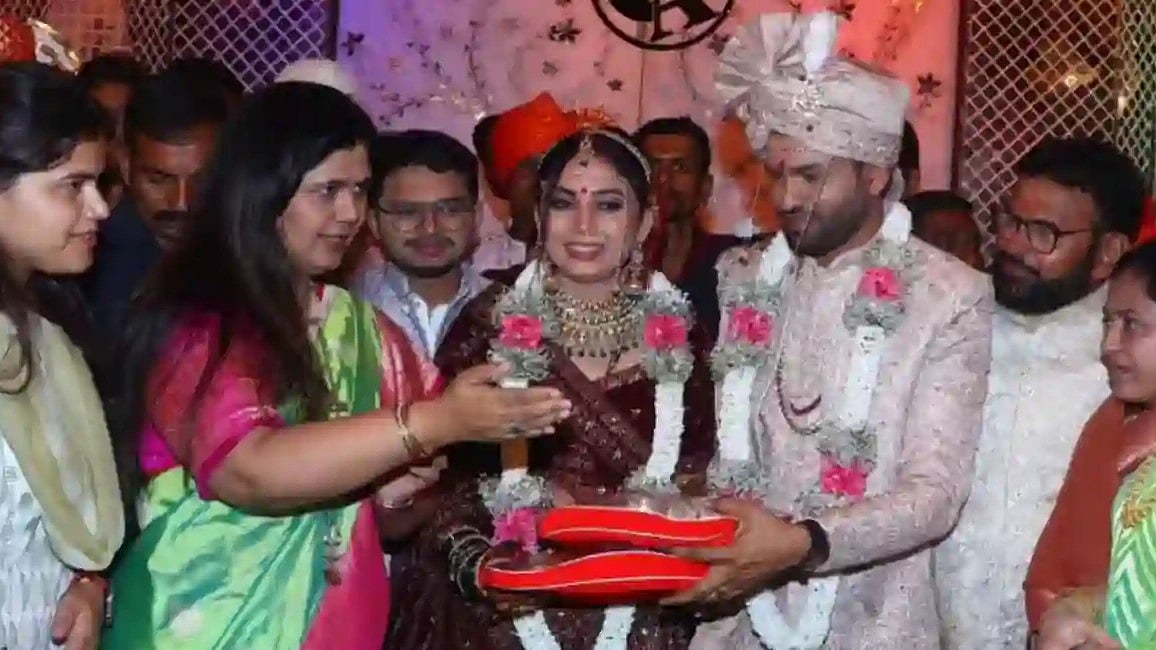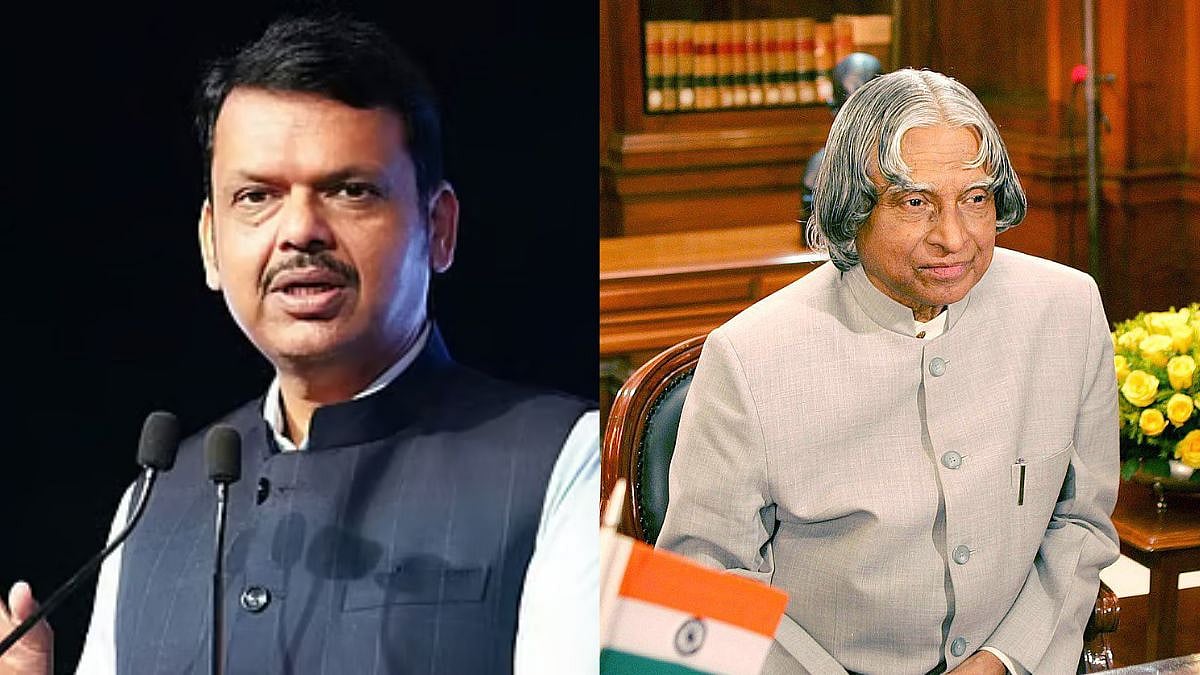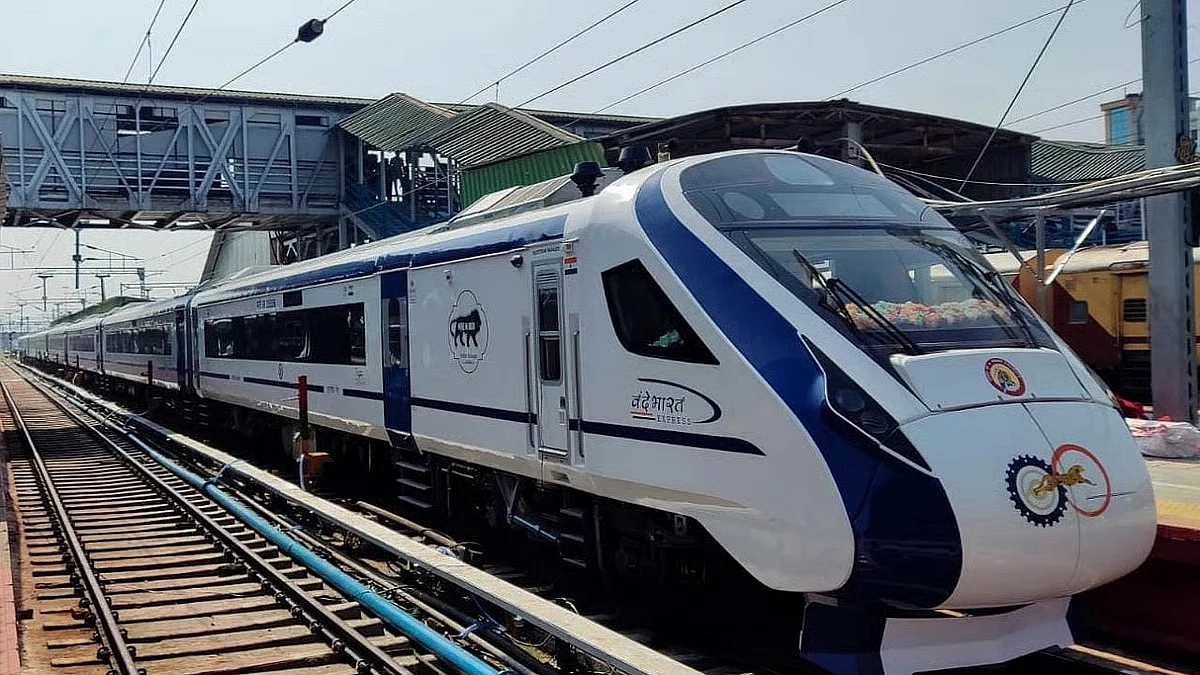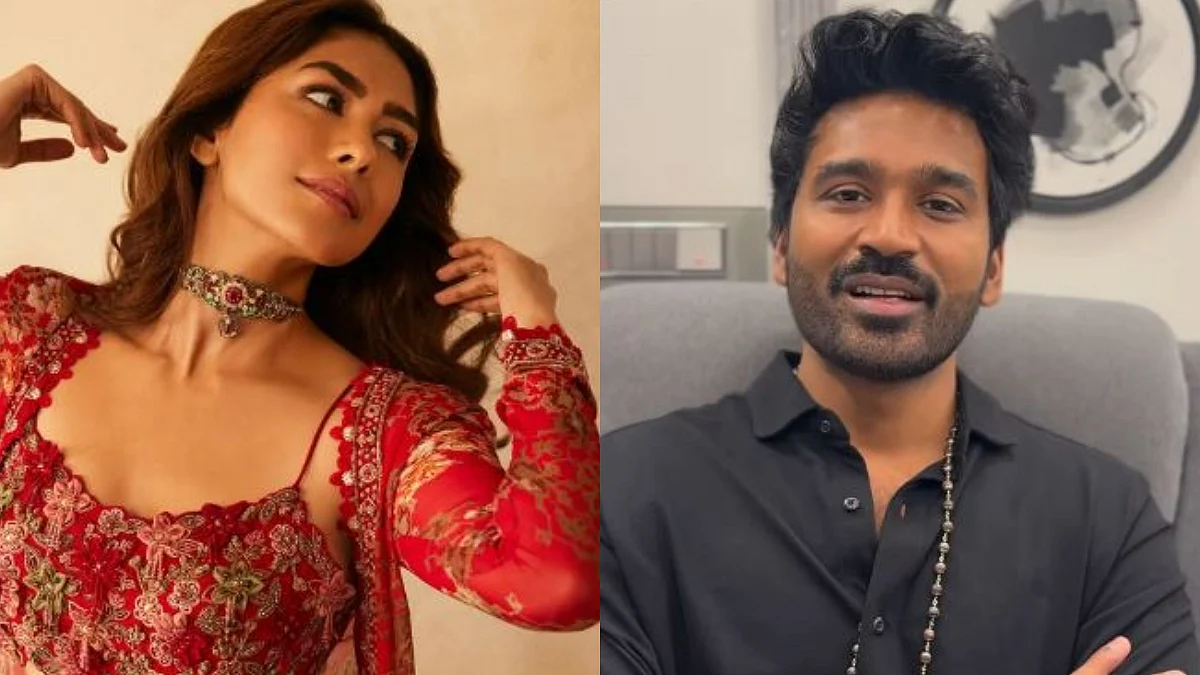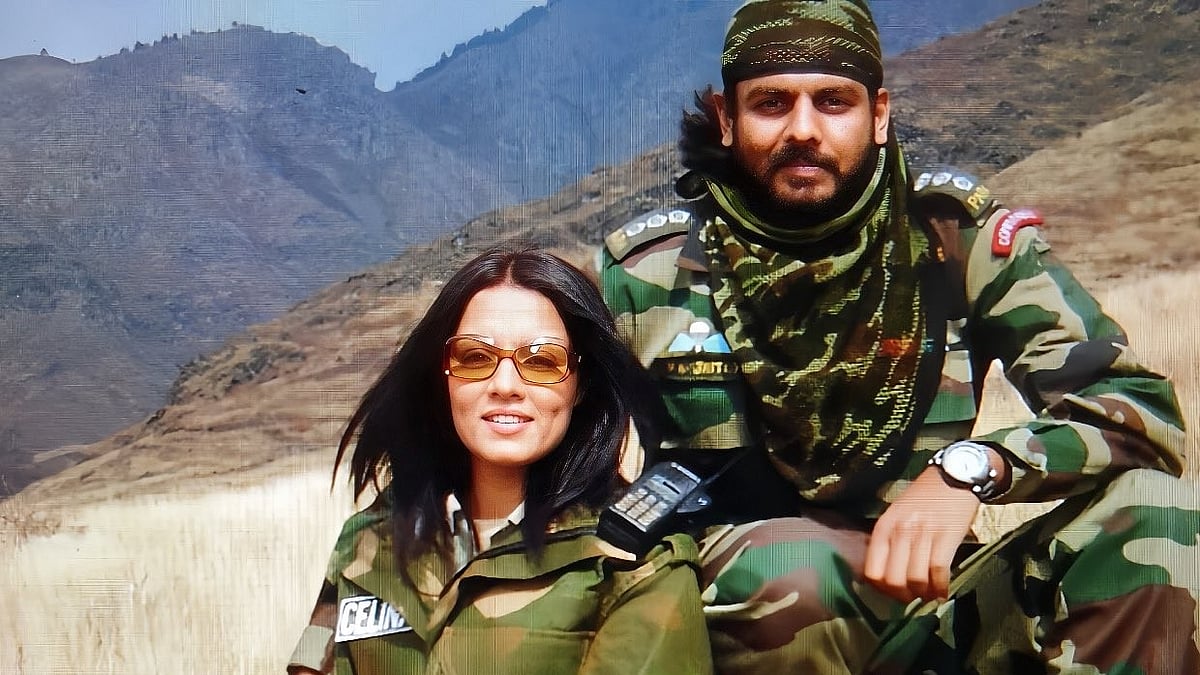For Preeta Mathur, who has excelled in entertaining audiences for more than four decades, was 10-years-old when she had her first brush with acting. It was a ‘special appearance’ in a small skit put up to promote a government campaign. The rush of energy, excitement and the feeling of being alive ignited the passion for acting in Preeta. And, now in a career spanning over three decades, boasting of over 50 (and counting) memorable plays, Preeta has no intentions of slowing down. We caught up with the actor for a quick chat about her amazing theatre journey, working with her late husband and founder of Ank, Dinesh Thakur, to now heading the theatre group. Excerpts from the interview:
How would you describe your journey as a theatre actor? What was working with Dinesh Thakur like?
My father was against financing any formal training in acting, and he made it clear I must pursue acting with my own money. So I ended up acquiring an MBA degree. I came to Mumbai armed with a corporate job and a thirst for training and experience in acting. After three years of working with IPTA (Indian People’s Theatre Association), which opened my mind to all aspects of professional theatre and helped me with a keen sense of observation, I joined Dinesh Thakur’s theatre group, Ank. Dinesh ji was and always will be the quintessential ‘guru’. With Ank it was like going through drama school — every play opened new landscapes, views and perspectives with scope and space to examine it under Dinesh ji’s focused direction. Dinesh ji was gifted with an incredible vision when it came to drawing out an actor’s potential. Dinesh ji did not have any particular acting style, he just created very believable and relatable characters with depth. There were innumerable steps for growth.

Still from Hai Mera Dil |
From Kanyadaan’s Jyoti to Anji’s Anjali, and then Khamosh Adalat Jari Hai’s Benare (Playwright Vijay Tendulkar) taught me more about free-flowing expression in theatre as well speech modulation. There were other plays before these and in between but none commanded me to delve emotional depths and explore my varied sensibilities as much as these. There were a whole lot of comedies and I discovered how difficult it was to make people laugh than to make them cry! I was lucky to have understanding and artistically inclined bosses through a corporate career of 30 years and so was able to devote an equal time to theatre. I have done close to 50 plays and it is very difficult to pick a single favourite role but I do have a special fondness for my characters in Anji, Hum Dono, Kanyadaan, Jis Lahore Nahi Dekhya.
After Dinesh Thakur’s demise, what difficulties did you face in order to keep the show running?
With the loss of Dinesh ji, the popular perception was that Ank would not last long and would lose its strength and standards. My first challenge was to prove that I had the ability and fully intended to keep the flag flying even higher. The next challenge was to keep the team together by performing continuously — not only our older plays, but new ones which would help in Ank’s growth as well as that of individual actors in the group. Getting dates to stage the plays was the biggest challenge (also resource-wise), but I managed and in the last eight years (since Dinesh ji’s passing away) we have been able to produce six new plays with different directors as well as bring back our old, popular plays.

A still from Hum Dono |
What are the positive aspects of being a theatre actor and the disadvantages too?
Being a theatre actor is hugely positive. No show is the last show — there is always an opportunity for improvement and a chance to do things differently, with more depth in the next show. The biggest disadvantage is that the show you just finished could be the last and you have nothing to show to those who missed it. As an actor you are lost to posterity.
Which aspects of theatre do you consider most important: To inform, instruct, entertain or a social corrective?
Theatre is basically entertainment for the audience and a creative art form for the players. Yes, theatre has a limited role in increasing awareness and as a medium of information and instruction, but no lasting social change or correction is possible with theatre. For me, theatre is a beautiful creative presentation of my expression — whatever it is I choose to express. For the audience, it is a unique live form of entertainment.

A still from the play Jis Lahore Nahi Dekhya |
During the lockdown, how did you sustain the audience’s interest?
The lockdown proved to be a time of great discovery — I discovered the director in me! There were times when it was difficult to believe I was alive because of the isolation. To use an old cliché ‘necessity is the mother of invention,’ and to keep the depressing isolation at bay, I developed a unique format of storytelling on video using Zoom. Our team would work from home, meet each other online, be creatively engaged and there was the excitement of discovering a new format. I stepped into the world of stories by masters like Sharad Joshi, Premchand, Phaneshwar Nath Renu, Manto, Ismat Chugtai, etc. whom we have used often in our actor’s training workshops, and made new friends with contemporary writers like Tejendra Sharma (winner of The Order of the British Empire for his work in Hindi), Suryabala Lal, Arun Sharma (who lives in Mt. Abu). And, then we experimented with editing and music. As a director, I learnt to create effective scripts and scene-play from the varied stories to enhance drama. Through our YouTube channel, WhatsApp and mailers our audience was kept abreast of our offerings — we also developed an overseas audience base. In the nine months of lockdown, we created nine productions and two more are in the pipeline.
What about your future aspirations and plans?
To me life is counted in the intensity of experiences and not in the immensity of possessions. As an actor too life experiences are the biggest teachers but the trick is to keep your focus accompanied with compassion. There is a long list of plays which I plan to produce. I am in the process of adding finishing touches to the adaptation of a novel, which I will be directing myself. Meanwhile work on a revival production has already started, although the immediate future of theatre in the present lockdown and the pandemic climate is still unclear.
(The writer is a professional kuchipudi-kathakali exponent, dance teacher, choreographer and an actor.)

